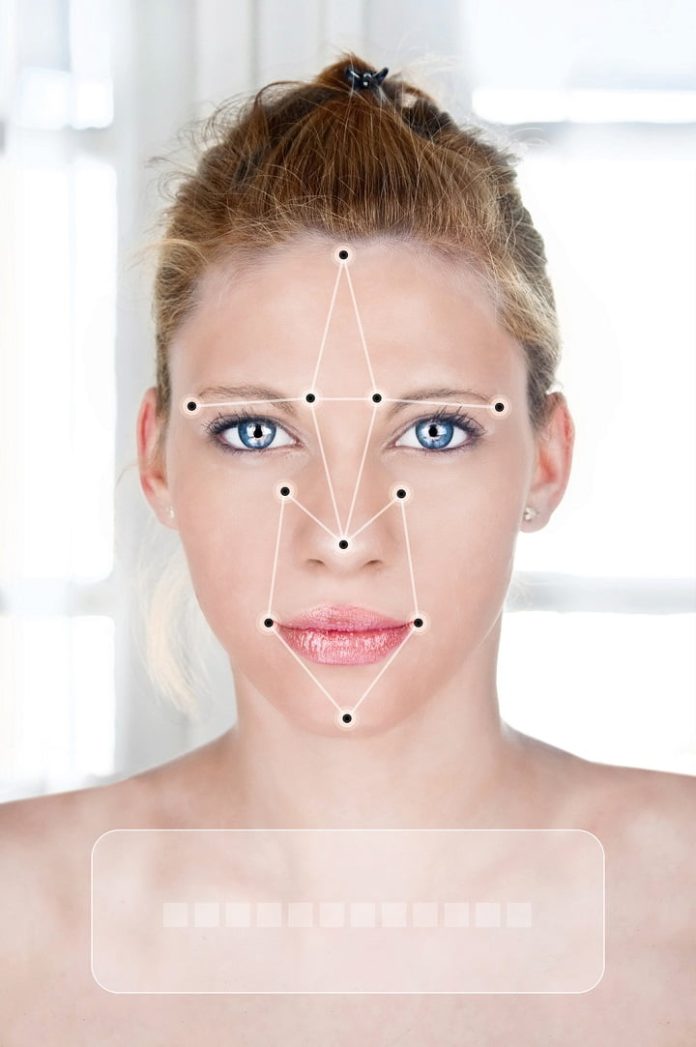GERMANY intends to deploy facial recognition software to video surveillance cameras currently installed at transportation hubs as part of new anti-terrorism measures, the country’s interior minister told Bild am Sonntag.
According to reports, Thomas de Maiziere told the German newspaper facial ID technology would be able to identify suspects following 2 attacks by Islamist militants in the past month. It’s not certain which brand of face recognition he was talking about – consistent performance has been challenges developers for the past 2 decades.
“I would like to use this kind of facial recognition technology in video cameras at airports and train stations,” de Maiziere told the paper. “Then, if a suspect appears and is recognized it will show up in the system.”
According to de Maiziere, other security measures were also being considered.
“We will have to get used to increased security measures, such as longer queues, stricter checks or personal entry cards,” he said. “This is tedious, uncomfortable and costs time but I don’t think it’s a limitation of personal freedom.”
The German government has been under increased political pressure to introduce stricter measures since the recent attacks but privacy advocates have criticized proposals for increased surveillance, with Germany’s Green Party calling the plan “half-baked.”
These criticisms are not without foundation. Flaws with facial recognition systems were recently exposed by researchers at the University of North Carolina, who discovered a technique to bypass the software using publicly available photos from people’s social media accounts. After collecting photos from people’s Facebook accounts, the researchers created 3D models of their faces. This allowed them to fool 4 out of 5 biometric security systems up to 85 per cent of the time.
“Our work outlines several important lessons for both the present and the future state of security, particularly as it relates to face recognition systems,” said a UNC paper describing the research. ♦










